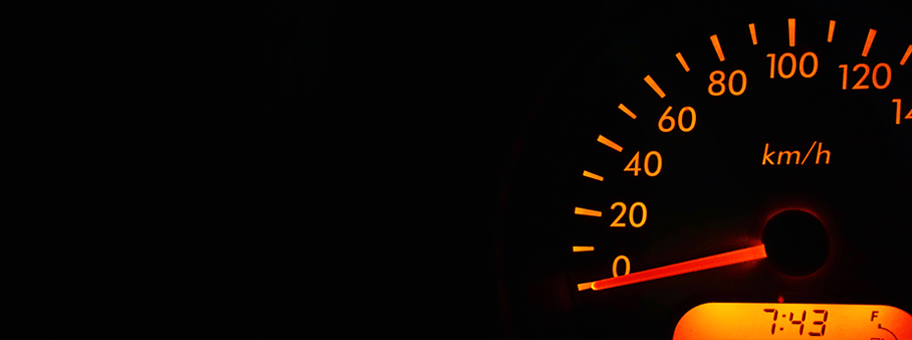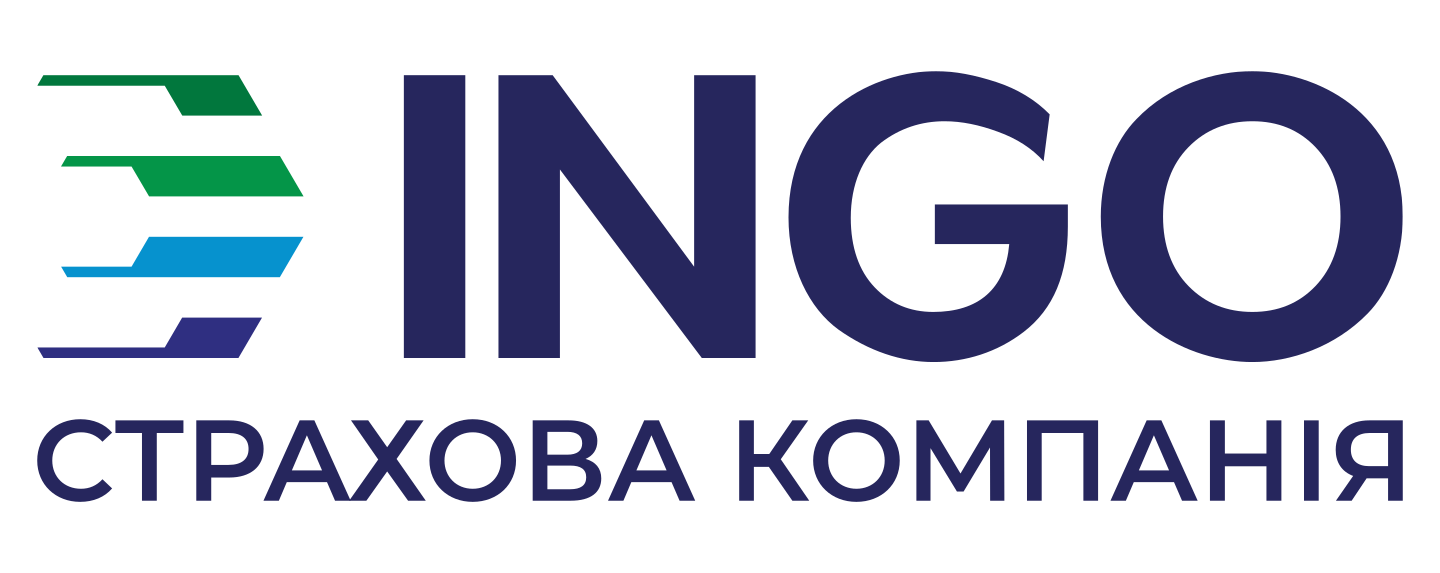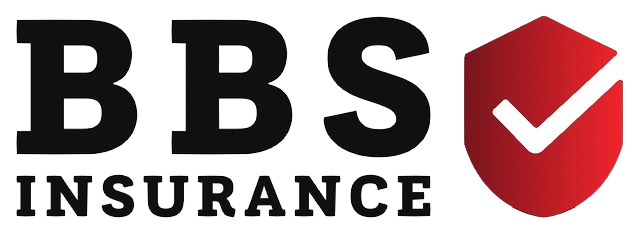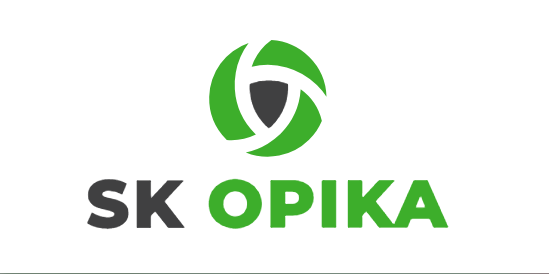ATTENTION! At 00:00 the MTIBU database will be updated. Please start concluding the contract after 00:00

15.02.2018
2794
Read the original language
Recently, social media posts offered the Ukrainian government an alternative to the "police" system of total video surveillance, which could force drivers to be more responsible on the road. Bloggers recalled the US experience, where the insurance system effectively forces people to do this.
"The more traffic violations and accidents a driver has, the more expensive their insurance becomes. If you don't know how to drive properly, you can easily end up paying $400 a month for insurance on your Toyota Corolla. That's why everyone drives with respect for others," Sergey Nosenko, Senior Managing Director of International Investment Partners LLC, wrote.
We decided to discuss with insurers whether it's feasible to transfer a similar system to Ukraine. And are Ukrainian drivers even ready for fair, yet strict, liability insurance?
Let's start with a fact: unlike in the US, where insurance is taken out for one's own car and the driver receives compensation for damages they cause to their own vehicle, in Ukraine, liability insurance is based on the principle of "I insure the damage I caused to someone else." It turns out that we have no reason to "punish drivers with hryvnia" by increasing their insurance rates.
The "bonus-malus" system, which some Ukrainian insurers use, is designed to motivate drivers to drive more carefully and maintain a good insurance record. It includes a surcharge for accidents, as well as a discount for a no-damage insurance history. The problem is that when switching to another insurance company, the driver's insurance history is lost, and the client loses their bonuses.
As for CASCO insurance (the client insures their own car), a "study" is required. Telematics are used to measure driver integrity.
"A telematics device is installed on a car that records the driver's driving behavior (speed, how the driver handles turns, how they behave at traffic lights, how hard they brake and then accelerate, how often they change lanes). The system records the driver's skill and driving performance, and if they are rated as a good driver, their CASCO insurance rate will be significantly lower. Telematics appeared in Ukraine several years ago and is developing quite well," the Motor (Transport) Insurance Bureau of Ukraine (MTIBU) told autonews.ua.
Converting Ukrainian insurance to "American standards" is not a particularly difficult task, insurers say. The problem is that with the current cost of a compulsory motor third-party liability insurance policy at 1,000 hryvnias per year, a "penalty" increase won't deter a "bad" driver—an extra hundred hryvnias won't motivate them to avoid traffic violations. Moreover, they can switch to another insurer at any time and be offered insurance at the standard price.
Therefore, as the MTIBU explained to autonews.ua, the first step is to ensure that the driver's insurance history "follows" them.
The second factor is Change the very essence of motor insurance.
"We need to make sure the client feels that this is genuine insurance compensation, and when an accident occurs, they shouldn't be paid a premium, deductible, or anything else, but simply have their car repaired. So the driver simply receives a repaired car. This way, the driver will receive a better service, but it will also be more expensive," says the MTIBU.
And third, motor insurance should ideally be as close as possible to what we currently have in CASCO. Then, any driver who uses direct settlement in an accident (when the injured party seeks compensation not from the at-fault party's insurer, but goes to their own insurance company) will know that their "own" company will offer them the best terms. "And then, if a person has both compulsory motor insurance and comprehensive motor insurance with the same insurance company, we can say their car is reliably protected and will receive high-quality repairs in the event of an accident. Yes, it will cost more, but the person will be completely confident that their car will be repaired," the MTIBU press service told autonews.ua.
This year, the MTIBU promises to conduct a survey among drivers on how sensitive they are to price barriers. The problem now is that no more than 3% of cars have comprehensive motor insurance, which drivers use primarily to protect themselves. So, will the majority of drivers be willing to pay more than the standard 500-1000 UAH they pay for compulsory motor insurance? The question is far from idle.
"We are by no means talking about a radical price increase several times over—we are talking about understanding whether there is demand for such a service, whether Ukrainians are even ready for such a paradigm shift," the Motor (Transport) Insurance Bureau of Ukraine told autonews.ua.
It's quite reasonable to ask—what if the state, by force, sharply increases the cost of insurance for drivers, while simultaneously introducing a progressive tariff for violators? Insurance experts shrug their shoulders— In Ukraine, this won't work.
"According to the EU directive, the insured amount should be around UAH 20 million over five years. In reality, we could set it at a billion. But nothing will change. Because the way our system for compensating for damage to life and health is structured, it doesn't work at all," explains the MTIBU.
The fact is that in order to receive compensation, the person at fault in the accident must be found guilty in court. Most often, this is a criminal case that carries a prison sentence, so the perpetrators try their best to make amends. When the verdict arrives, it often turns out that the parties have reconciled. And if the perpetrator has covered all the losses and there are no claims, then there's no point in talking about insurance compensation.
"That's why we have this situation— "We have tens of thousands of people suffering on the roads, but no more than 5,000 claims to insurance companies. Because the claims don't reach the insurance companies. The system doesn't work correctly: people receive money not when they need it (when they're in the hospital in serious condition), but when they've already been discharged, there's an expert assessment, a court decision, and the funds have actually been paid," the MTIBU press service points out.
Furthermore, if Ukraine had universal health insurance, the regulation would be even simpler. The money from the car insurance account would simply cover the costs of treatment.
Source:Autonews.ua
Author:Andriy Dovgan



































































































